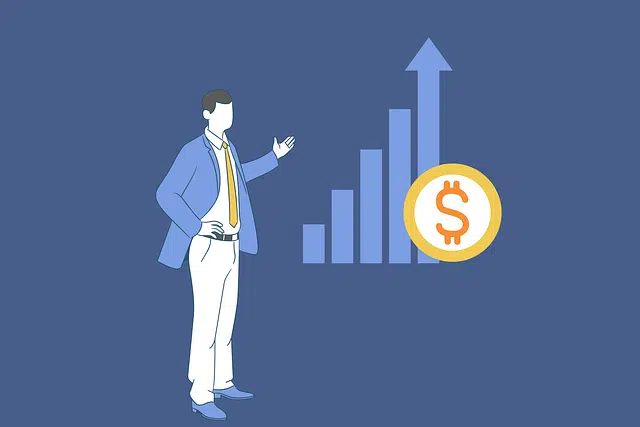
Companies are for-profit: they aim to obtain economic profits.
Profit is known as the income, gain, benefit or advantage that is achieved from a certain thing or activity . To clarify this idea, it can be said that commercial firms have profit as their main purpose, that is, economic benefit .
Profits are made once total revenues exceed the full costs of production and distribution. This means, in other words, that the company receives more money than it invests or loses. Otherwise, instead of making a profit, the company would accumulate losses and would not be a business.
For the field of law , profit motive translates as the intention of a subject to increase his or her assets through legal action. This will is usually regulated with the signing of a contract.
Lost profits
On the other hand, loss of profits is known as the damage to assets that is triggered by the loss of economic utility or legitimate gain as a result of a harmful episode, and constitutes what has been lost or cannot be recovered. gain as a result of the problem suffered.
In order to speak of lost profits, according to experts, the existence of a concrete and real perspective of benefits must be verified. For example: A failure in the service of an electrical company causes a butcher's merchandise to rot, because he had to interrupt the operation of his refrigerators. The victim may demand compensation for lost profits to recover the cost of the meat and the profits that would have been obtained from its sale .
Request for compensation
Compensation will be granted provided that the evidence required by legislation is presented, through which the victim presents his complaint with reliable data. They specifically refer to the scope of the damage:
* Proof of the existence of lost profits : An analysis is carried out based on presumptions and probabilities that allow determining the real connection between the lack of profits and the actions of the third party, who is accused of said loss.
* Proof of the amount of damage : This is more difficult to prove since it depends on the criteria used by the judge to decide whether the amount claimed by the injured party corresponds to reality or not. This type of evidence is usually much simpler if the injured party maintains correct taxation, since through his accounting books he will be able to demonstrate in what aspects the damage will affect his business in the future.

The profit motive is the pillar of capitalism.
Profit and capitalism
Many authors have written about the pejorative nature of this concept. Santos López Pelegrín says that profit is always excessive , while profit is legal by relying on commercial laws . Likewise, Roque Barcia says that this appears when utility deviates from the path, becomes usurious, selfish and even, in many cases, cruel; understands profit as an abuse or a crime against utility.
Neoliberal intellectuals, on the other hand, assure that only thanks to profit is the development of a society possible, since as long as companies make profits, they will be able to continue investing in that venture or do so in a different one. They add that we owe the existence of modern industry and scientific and technological advances to this essential factor of the economy. In this way, they rely on the fact that the market contains the strength to keep the interests of people and companies balanced, and that is why it is essential.
There are many discrepancies around this deification of the market and with it, capitalist profit; Above all, they occur in matters of equality, since the fundamental consequence of this system is to eliminate the intermediate classes and divide society into two absolutely opposite strata: the rich and the poor . Many questions arise at this point; The main one is: if capitalism comes to replace feudalism, imposing itself as a more orderly and effective way of distributing goods in society, why does it end up leading to the same consequences?
